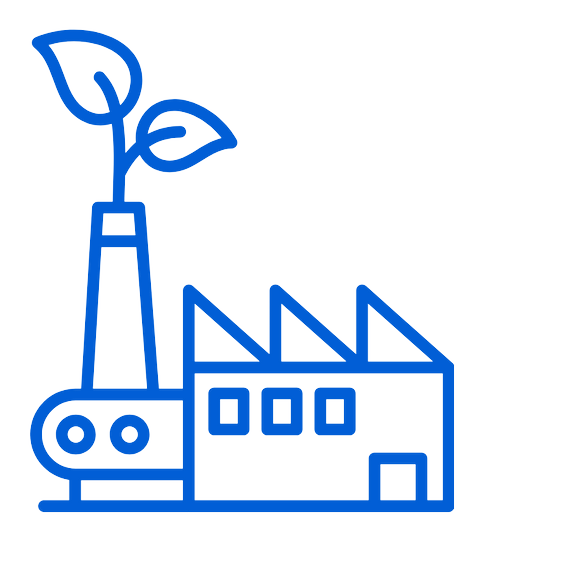
Industry 5.0
Industry 5.0: The Fifth Industrial Revolution
In the history of industry, many changes have occurred progressively, but some have caused a sharp break from the past, to the extent that they have been called "Industrial Revolutions."
In modern times, four industrial revolutions are historically recognized, each of which brought significant changes to production methods and, consequently, to the socio-economic systems of their eras.

Revolutions and Enabling Technologies

1. First Industrial Revolution: Steam Engines
Occurred in the second half of the 18th century, it revolutionized production with the introduction of steam-powered machines capable of automating previously manual production processes.
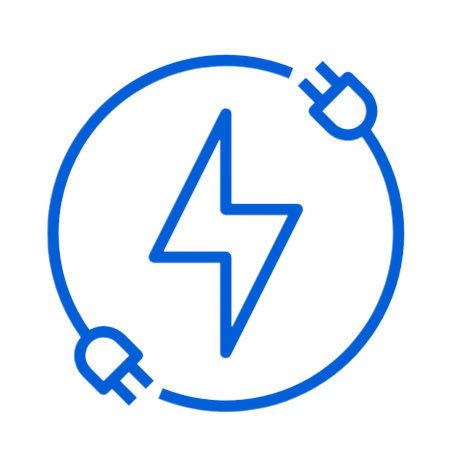
2. Second Industrial Revolution: Electricity, Industrial Chemistry, and Mass Production
Taking place at the end of the 19th century, it saw the introduction of electricity, petroleum, and chemical products into production systems. At the beginning of the 20th century, Taylorism emerged, with its scientific organization of labor, paving the way for mass production.
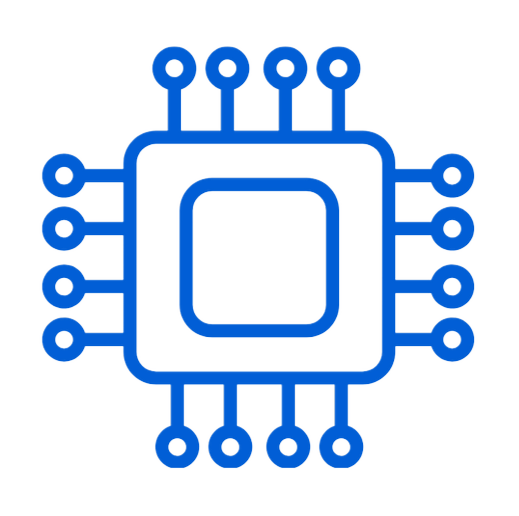
3. Third Industrial Revolution: Electronics, Information Technology, and Flexible Production
Occurring in the second half of the 20th century, it transformed production with the advent of electronics, computers, and flexible manufacturing systems, enabling greater customization and efficiency.
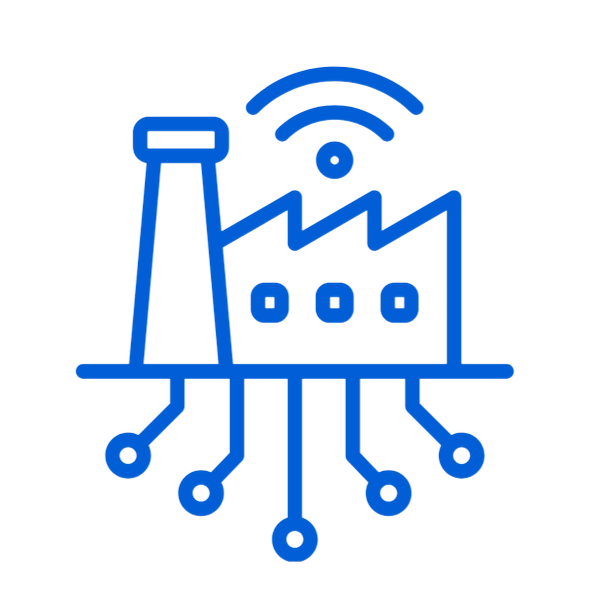
4. Fourth Industrial Revolution: Smart Factories, Cyber-Physical Systems, Internet of Things (IoT), Cloud Computing, Artificial Intelligence
Still ongoing, the Fourth Industrial Revolution arose with the widespread adoption of interconnected systems and the use of new technologies for data processing and analysis.
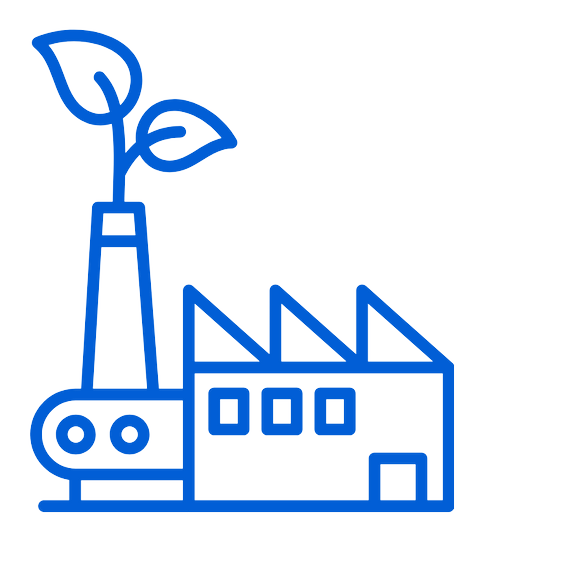
5. Fifth Industrial Revolution: Industry 4.0 + Sustainability
Industry 4.0: The Fourth Industrial Revolution
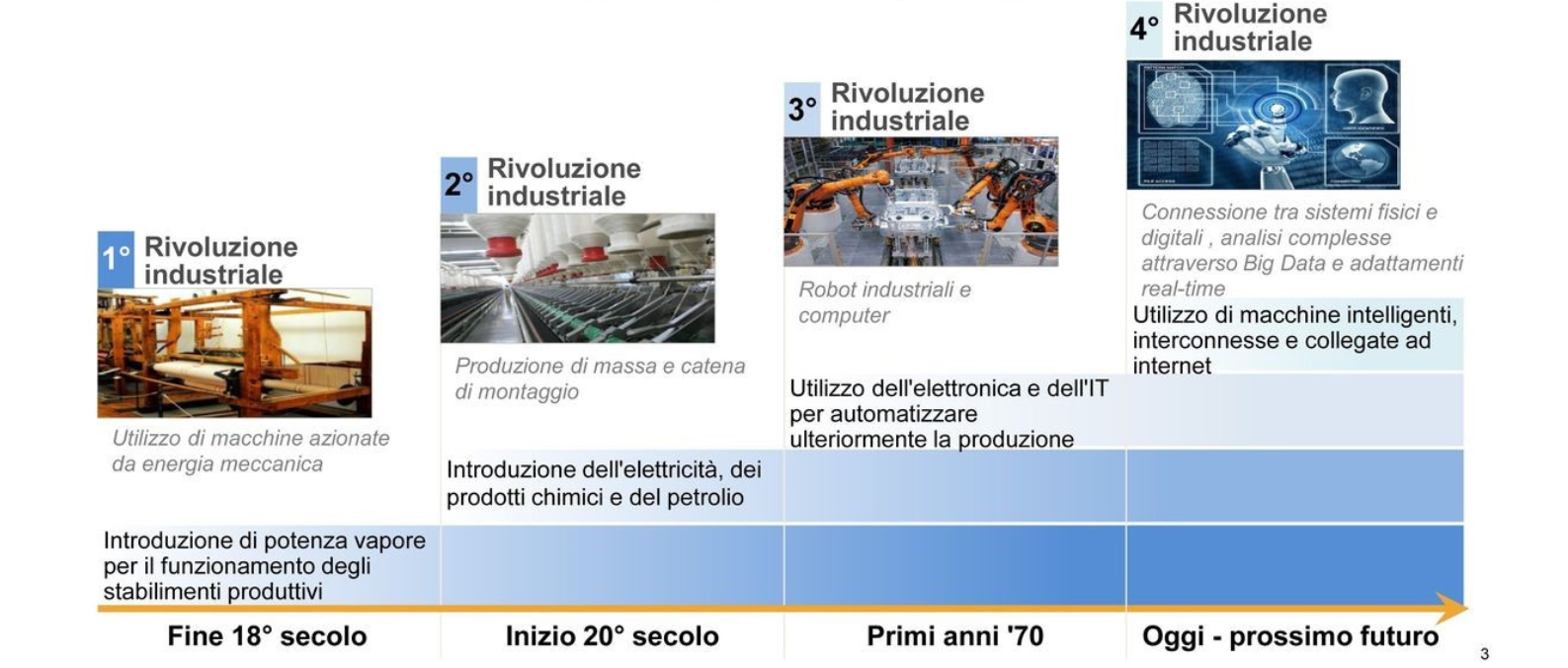
Technologies Transforming Today's Industrial Landscape
Cyber-Physical Systems (CPS)
Integration of hardware and software for data transmission, operational reading and process simulations.
HyperCONN and HyperGWAY modules for the interconnection of "Industry 5.0" and legacy machines
Cloud Technologies
IaaS: Access to scalable hardware infrastructures in a Green Data Center
PaaS: Configurable software platforms for hosting and development
SaaS: Ready-to-use cloud applications like the HyperPLANT suite
IoT and IIoT
Widespread connectivity to the Internet, corporate networks, and applications offered by devices (industrial and non-industrial), enabling the collection and transmission of data and information among various systems and devices
3D Printing and Additive Manufacturing
Additive manufacturing and 3D printing technologies have revolutionized numerous industrial sectors, from construction to healthcare, allowing for rapid product prototyping and the creation of highly complex models
Data Analysis and Artificial Intelligence
Data Mining: Extracting knowledge from large data sets
Business Intelligence: Centralized repositories for interactive analysis (OLAP)
Artificial Intelligence: Advanced data processing capabilities
Virtual and Augmented Reality
Software and applications for virtual and augmented reality used to support field operators, convey complex information, and create advanced renderings or 3D visualizations
Servitization and Product Transformation
Integration of physical products with digital services (e.g., apps, connectivity, software)
Added value for customers and businesses in sectors such as automotive and industry
Autonomous and Collaborative Robots
Robotic advancements for assisted manual operations (co-bots) and "Industry 5.0" interconnectivity
All the above technologies can transform traditional enterprises into true Smart Factories, contributing to a company’s competitive success in the market while fostering process innovation, product innovation, and internal efficiency.
Further Insights
If you wish to delve deeper into topics related to Industry 5.0, we invite you to visit our Blog or explore the following related pages:
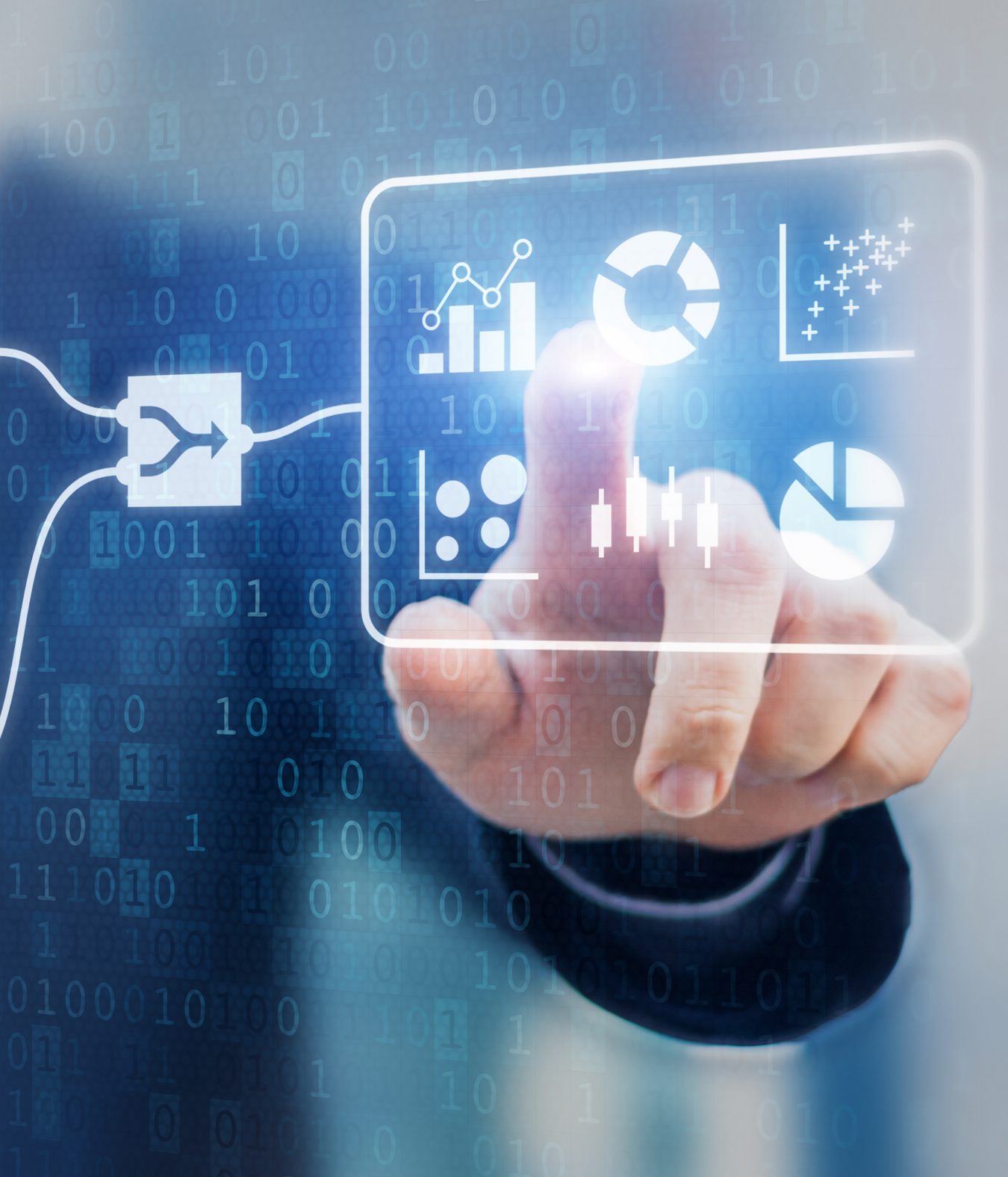
- HyperPLANT: Real Comm’s solution for Industry 5.0, natively designed for interconnection with production machinery (meeting the requirements of the National Industry 5.0 Plan). It features advanced functionalities for production organization and a high degree of customization.
- SmartMan, the web-based ERP software for comprehensive business management, designed for Industry 5.0.
- HyperSCHED: a next-generation, intuitive, and easy-to-use visual scheduler.
- HyperMES: a flexible and configurable system for monitoring production activities.
- Cloud Services offered by Real Comm
